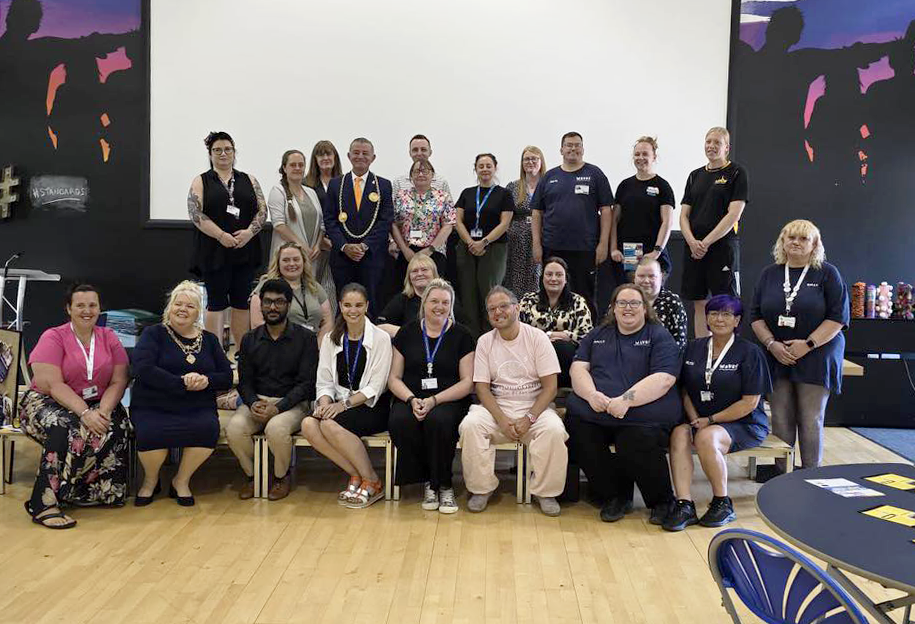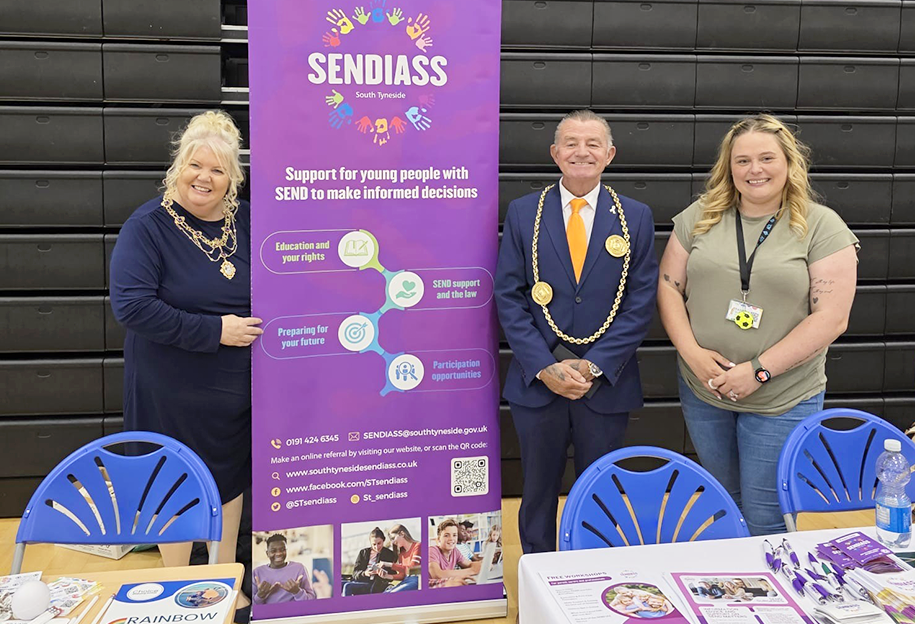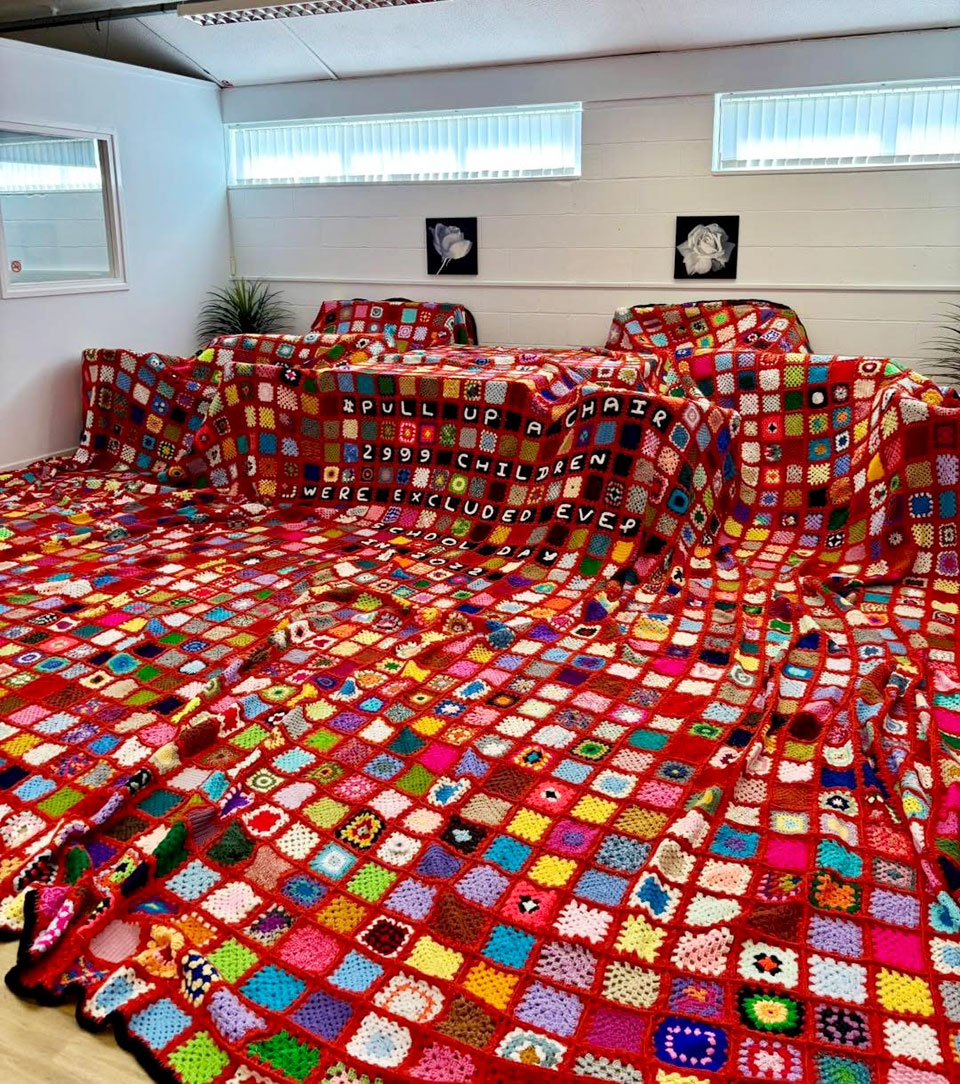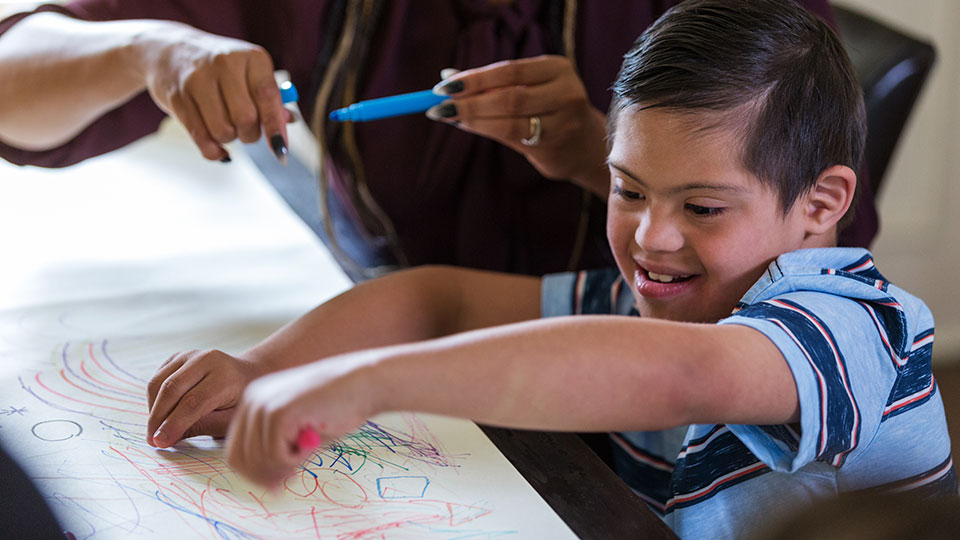Introduction
This notice provides additional privacy information regarding South Tyneside SENDIASS.
We will keep our privacy notice under regular review and will advise you of any updates on our website.
This Notice was last reviewed in September 2025.
Who we are
For the purposes of Data Protection legislation, South Tyneside SENDIASS is the Data Controller.
What type of personal information do we collect?
We may collect the following types of personal information:
- Name
- Address
- Telephone number
- Email address
- Child’s Date of Birth
- Gender
- Area of Special Educational Need (SEN)
- Ethnicity
- Any other information shared by service users
How do we collect personal information?
We may collect your personal information in a number of ways, for example:
- In person
- In writing
- Telephone calls
- Online forms
Why do we collect your personal information?
We collect your personal information so that we can provide the appropriate support and advice.
Who might we share your personal information with?
We may share your information with a Council staff member if the information has been requested for legal reasons eg judicial review.
If you provide us with permission to speak to your child’s school on your behalf, we will only share information you allow us to share.
We will not share your personal information with any other third parties unless you have specifically asked us to, or if we have a legal obligation to do so.
How long will we keep your personal information?
We will hold your data for the duration of your case and a following two years once the case is closed.
What is our legal basis for using your personal information?
To use your personal information there must be a lawful basis to do this, such as, through a contract, performing a public task or where there is a legal obligation.
Under the General Data Protection Regulation (GDPR), the lawful bases we rely on for processing this information are:
- Your consent. You are able to remove your consent at any time. You can do this by contacting SENDIASS@southyneside.gov.uk.
How do we keep your personal information secure?
Some of the information you give us to is written down or recorded on a database. Information held about you electronically is stored on a secure database, and is accessed only by authorised staff.
Paper files are held in a locked filing cabinet and can only be accessed by authorised staff.
Is your personal information used overseas?
We will not process your personal information outside of the European Economic Area (EEA).
What are your rights?
Your individual rights are set out in law. Subject to some legal exemptions, you have the following rights:
- Right to be informed
- Right of access
- Right to rectification
- Right to erasure
- Right to restrict processing
- Right to data portability
- Right to object
- Rights in relating to automated decision making and profiling
Contact us
If you would like to exercise your rights in relation to your personal information, or you feel that something has gone wrong with your personal information, you can contact us in either of the following ways:
- By email: SENDIASS@southtyneside.gov.uk
- By telephone: 0191 424 6345
- In writing:
South Tyneside SENDIASS
C/O Commissioning Unit
Town Hall and Civic Offices
South Shields
NE33 2RL
If you feel that the Council has not handled your information correctly you can contact the Information Commissioner’s Office (ICO). The ICO is the Government’s Independent Body responsible for overseeing data protection. In most cases the ICO will only review cases that have exhausted the Council’s internal procedures.
The ICO’s contact details are as follows: Information Commissioner’s Office, Wycliffe House, Water Lane, Wilmslow, SK9 5AF. More information can be found on the ICO’s website at www.ico.org.uk.




